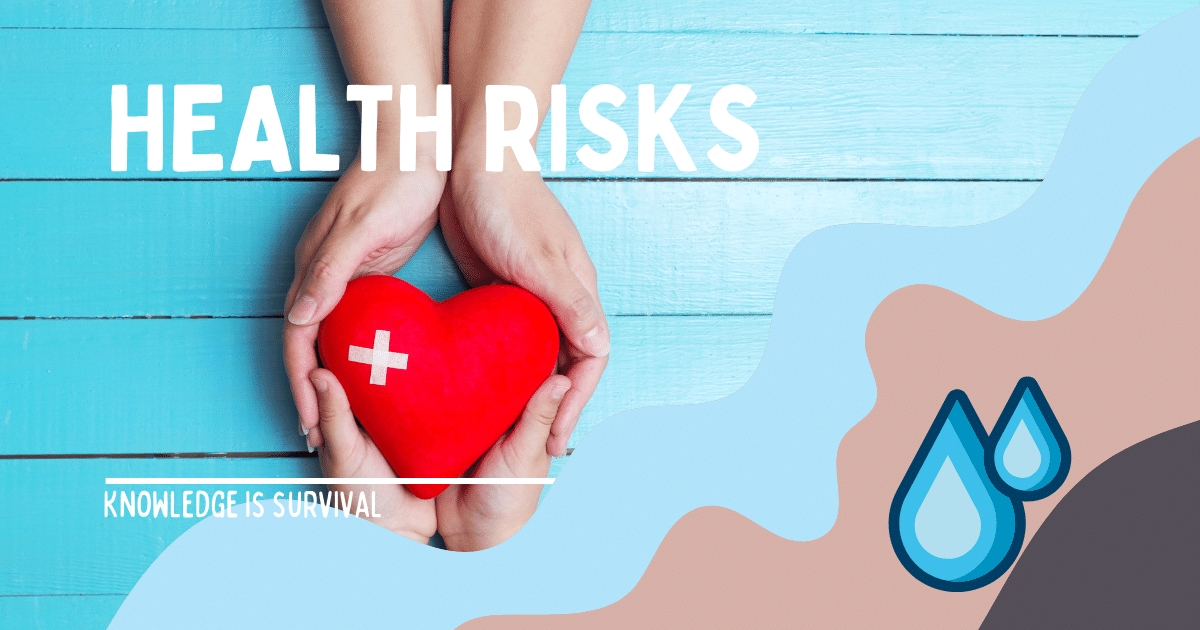Access to clean drinking water is a basic human need, but unfortunately, a potential disaster can leave us without water. Dirty water can have deadly consequences as it may contain harmful bacteria, viruses and chemicals that can cause serious health problems. This article explores the various health risks associated with drinking contaminated water.
Drinking dirty water can lead to a variety of health issues, including:
- Diarrhoea: Dirty water often contains harmful bacteria and viruses that can cause diarrhoea.
- Dehydration: Drinking contaminated water can also lead to dehydration, which is particularly dangerous for young children and the elderly.
- Cholera: Cholera is a bacterial infection that causes severe diarrhoea and vomiting. It is spread through contaminated water.
- Typhoid fever: Typhoid fever is another bacterial infection that spreads through contaminated food or water.
- Hepatitis A: Hepatitis A is a viral infection that affects the liver and spreads through contaminated food or water.
- Dysentery: Dysentery is an intestinal inflammation caused by bacteria or parasites in dirty drinking water.
- Worm infections: Parasitic worms are common in poor sanitation areas, contaminating drinking water sources.
- Arsenic poisoning: In some parts of the world, groundwater may contain high levels of arsenic, which can cause skin lesions, cancer, and other health problems over time if consumed regularly.
Closing remarks
Drinking contaminated water can have serious consequences on human health and overall well-being. However, understanding how to access clean water is crucial for survival. In light of this, here are five ways to prepare for the absence of readily available clean tap water.

